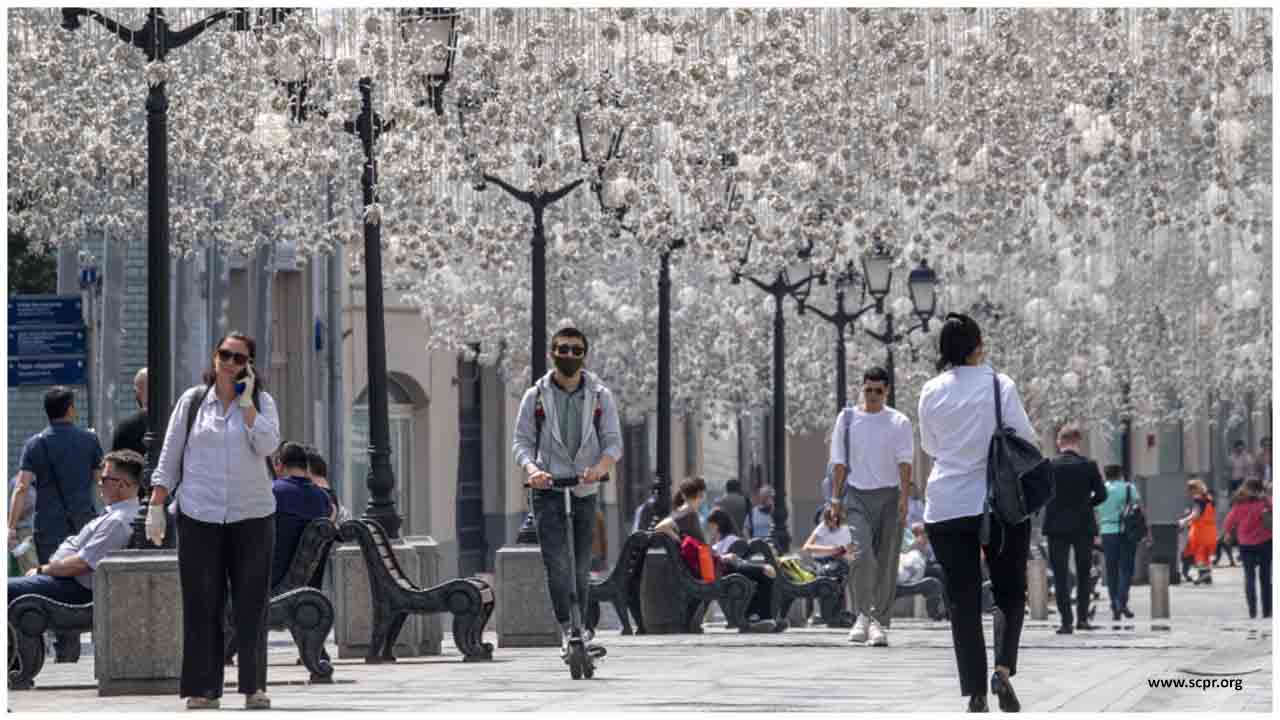The appearance of a hotter climate in the Northern Hemisphere brings up the issue of whether summer could slow the spread of the coronavirus episode. Here is the thing that science says.
While hotter climate ordinarily parts of the bargains season in calm zones, the atmosphere alone has not halted the COVID-19 pandemic from clearing any piece of the globe. Truth be told, episodes in hot and bright Brazil and Egypt are developing.
In any case, late information about how daylight, mugginess, and open-air breezes influence the infection gives some purpose behind good faith that late spring could slow the spread.
Is The New Coronavirus 'Occasional'?
The infection has not been around sufficiently long to be sure.
Respiratory contaminations like influenza and the normal virus follow occasional examples in calm districts. Ecological conditions including chilly climate, low indoor dampness, and investing more energy inside would all be able to hurry the spread of a scourge.
Certifiable proof about the impact of climate on the new infection is blended. One investigation of 221 Chinese urban communities found that temperature, stickiness, and light didn't influence the speed of spread.
Two different examinations found an impact, remembering a glance at new diseases for 47 nations that connected higher temperatures to more slow transmission in places like the Philippines, Australia, and Brazil.
"The Northern half of the globe may see a decrease in new COVID-19 cases during summer and a resurgence during winter," finished up the creators of another investigation of 117 nations, which found that every 1-level of scope increment in good ways from the Equator was related with a 2.6% expansion in cases.
The leader of the World Health Organization's crises program, Mike Ryan, forewarned: "We can't depend on a desire that the season or the temperature will be the response to (the illness' spread)."
For what reason Do Respiratory Diseases Spread Differently In Summer And Winter?
"The motivation behind why the chilly climate is dared to cause spreading of hacks, colds, and influenza is that cool air causes bothering in the nasal entries and aviation routes, which makes us progressively powerless to viral disease," said Simon Clarke, a specialist in cell microbiology at Britain's University of Reading.
Winter climate will in general rouse individuals to invest more energy inside, in spite of the fact that cooling may likewise bring individuals back inside in the late spring.
In the lab, when temperatures and stickiness rise, coronavirus particles on surfaces all the more rapidly lose their capacity to contaminate individuals - and they are inactivated particularly quick when presented to daylight, U.S. government analysts found.
It is as yet a smart thought for individuals to wash hands much of the time, practice social separating and wear a veil in summer, specialists state. While infection particles hacked or breathed out by a contaminated individual will scatter quicker outside, one investigation found a delicate breeze could convey salivation beads up to 6 m (19.69 feet).
What Else About Summer Could Slow The Virus?
Nutrient D: Researchers are exploring whether levels of insusceptibility managing nutrient D in individuals' blood influence that they are so defenseless against contamination with the new coronavirus or how wiped out they become. Most of nutrient D in the body originates from skin presentation to daylight.
Dust: An investigation in the Netherlands of all "influenza-like" sickness, including COVID-19, as of late presumes that dust focuses are a superior indicator than daylight of respiratory infection patterns. Billows of dust go about as air channels, catching infection particles, and dust actuates invulnerable reactions, even in individuals without plain hypersensitivities.
The investigation found that influenza-like sickness began to drop when dust noticeable all around arrived at 610 grains for every cubic meter, an ordinary level from late-winter to October in most center scopes.

 While warmer weather ends the annual flu season in temperate zones, climate alone has not stopped the COVID-19 pandemic from sweeping any part of the globe.
While warmer weather ends the annual flu season in temperate zones, climate alone has not stopped the COVID-19 pandemic from sweeping any part of the globe.






















.jpg)









